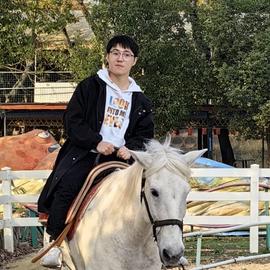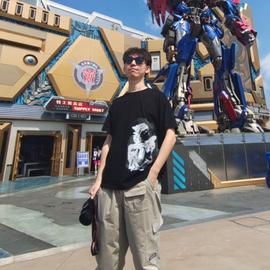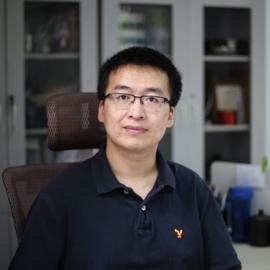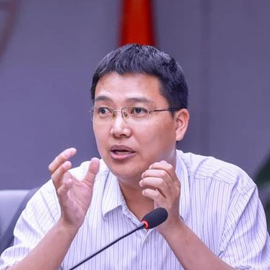摘要
Quantum computing is an emerging and promising technology that has overwhelming quantum advantages compared to its classical counterparts. Unit commitment (UC) is a critical issue in the power system, and it becomes more challenging with the integration of intermittent renewable energy. Therefore, this paper proposes an innovative decomposition and coordination optimization framework to accelerate the solution of UC, in which the interaction between an adiabatic quantum computer and a classical computer is designed to harness the immense computational power of quantum computers effectively. First, decomposition methods considering the requirements of quantum computers are introduced to decompose UC into small-scale models. Then, the paper presents a quadratic unconstrained binary optimization modeling method to transform UC problems into the form of quantum computing. Furthermore, due to the limitations of quantum computing resources, a reductive variable technique is proposed to reduce the number of slack variables in the optimization model and ensure that it remains feasible for quantum computers. Case studies conducted in test systems with a quantum annealing simulator and a real quantum annealing computer illustrate the feasibility and effectiveness of the method and demonstrate its potential in the era of quantum computing.



